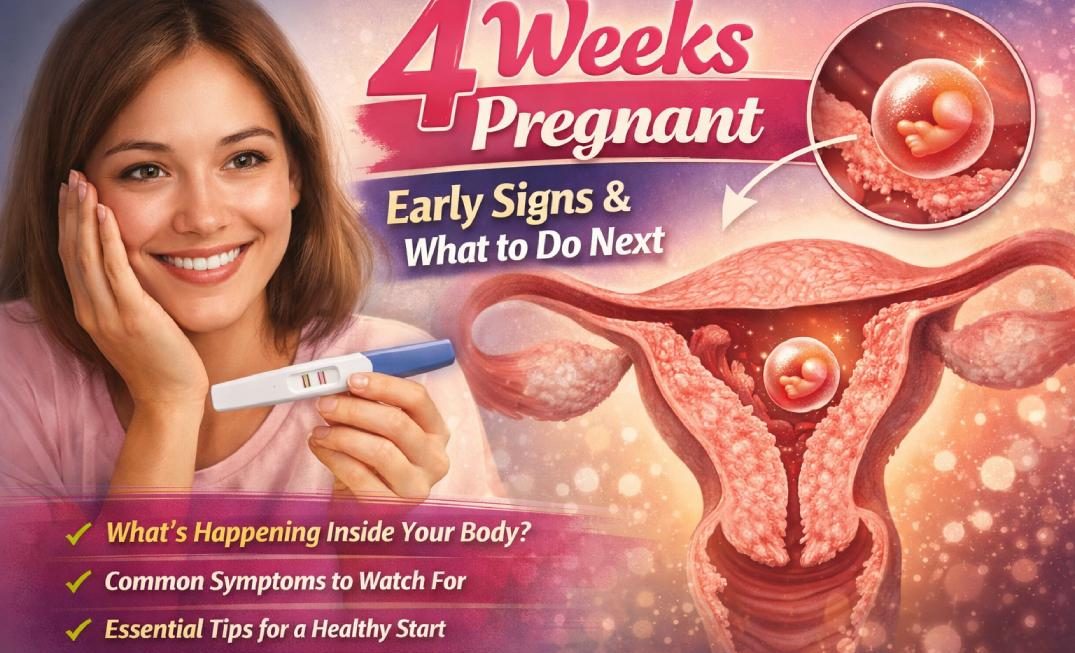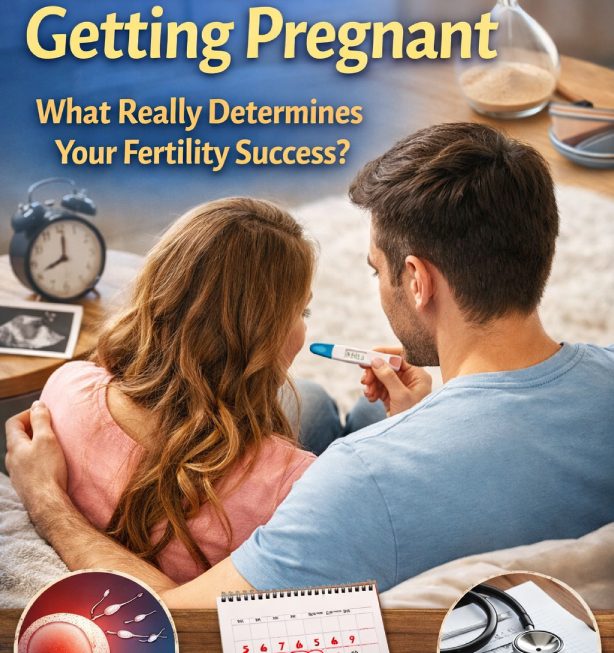So, you’re looking to start a family, and you’re ready to take the next step. Understanding how to get a girl pregnant involves more than just the physical act; it requires knowledge about timing, health, and lifestyle factors that can affect fertility. This guide will delve into all aspects of conception, offering practical advice and scientific insights to increase your chances of success.
Conception is a natural process, but sometimes it doesn’t happen as quickly or as easily as expected. Knowing the best time to try, understanding the health of both partners and making necessary lifestyle adjustments can significantly improve your odds. We’ll cover everything from understanding a woman’s ovulation cycle to maintaining a healthy lifestyle and seeking medical advice when necessary.
Understanding the Female Ovulation Cycle
What Is Ovulation?
Ovulation is a key part of the menstrual cycle, during which a mature egg is released from the ovary, ready to be fertilized by sperm. This phase is crucial for conception and typically occurs midway through the menstrual cycle.
When Does Ovulation Occur?
Ovulation generally happens around day 14 of a 28-day cycle, but this can vary. To pinpoint the exact timing, track the menstrual cycle using a calendar, ovulation prediction kits, or fertility monitors. Recognizing ovulation symptoms, like mild pelvic pain, increased cervical mucus, and slight body temperature rise, can also help.
Maximizing Chances During Ovulation
To maximize chances of conception, have sex regularly during the fertile window, which spans five days before and the day of ovulation. Sperm can live inside the female reproductive tract for up to five days, so frequent intercourse increases the likelihood of sperm meeting the egg.
Health and Lifestyle Factors Affecting Fertility
Maintaining a Healthy Diet
A balanced diet rich in vitamins and minerals is vital for both partners. Foods high in antioxidants, like fruits and vegetables, support reproductive health. Zinc, folic acid, and vitamin E are particularly important for sperm quality and overall fertility.
Exercising Regularly
Regular exercise helps maintain a healthy weight and reduces stress, both of which can enhance fertility. Aim for moderate exercise, like walking, swimming, or yoga, but avoid excessive workouts, which can negatively affect ovulation and sperm production.
Avoiding Harmful Substances
Limit alcohol consumption and avoid smoking and recreational drugs, as these can harm fertility. Additionally, reducing caffeine intake may improve your chances of conception.
Understanding Male Fertility
Importance of Sperm Health
Healthy sperm are crucial for fertilization. Factors like sperm count, motility, and morphology affect a man’s fertility. Lifestyle choices, diet, and environmental factors can influence sperm health.
Boosting Sperm Quality
To boost sperm quality, men should maintain a healthy diet, exercise regularly, avoid harmful substances, and manage stress. Consider taking supplements like zinc, selenium, and vitamin C to support sperm production.
Medical Conditions Affecting Male Fertility
Conditions like varicocele, hormonal imbalances, and infections can impact male fertility. If you suspect a problem, consult a healthcare provider for evaluation and treatment options.
Medical Interventions and Treatments
Fertility Testing and Diagnosis
If you’ve been trying to conceive for over a year without success, seek medical advice. Both partners should undergo fertility testing to identify potential issues. Tests may include semen analysis, ovulation tracking, and hormonal assessments.
Assisted Reproductive Technologies (ART)
ART options, such as in vitro fertilization (IVF), intrauterine insemination (IUI), and intracytoplasmic sperm injection (ICSI), can help couples facing fertility challenges. Discuss these options with a fertility specialist to determine the best approach for your situation.
Fertility Medications
Medications like Clomid or gonadotropins can stimulate ovulation in women with ovulatory disorders. Men may also benefit from hormonal treatments to improve sperm production. Always consult a doctor before starting any fertility medication.
FAQs About Getting a Girl Pregnant
1. How Long Does It Take to Get Pregnant?
On average, most couples conceive within six months to a year of regular, unprotected intercourse. However, factors like age, health, and lifestyle can influence this timeline.
2. Can Stress Affect Fertility?
Yes, stress can negatively impact both male and female fertility. High stress levels can disrupt hormonal balance and ovulation in women and reduce sperm quality in men.
3. What Are Common Signs of Ovulation?
Common ovulation signs include a slight increase in basal body temperature, changes in cervical mucus, mild pelvic pain, and heightened senses. Ovulation prediction kits can also help detect the fertile window.
4. When Should We See a Fertility Specialist?
If you’ve been trying to conceive for over a year without success (or six months if the woman is over 35), it’s time to see a fertility specialist. Early evaluation can identify issues and improve your chances of conception.
5. How Can We Improve Our Chances of Conception?
Improve your chances of conception by tracking ovulation, maintaining a healthy lifestyle, avoiding harmful substances, and having regular intercourse during the fertile window. Consulting a healthcare provider for personalized advice can also be beneficial.
6. What Lifestyle Changes Can Enhance Fertility?
Adopting a healthy diet, exercising regularly, managing stress, and avoiding smoking, alcohol, and excessive caffeine can enhance fertility. Both partners should make these changes for the best results.
7. Are There Any Natural Supplements to Boost Fertility?
Yes, supplements like folic acid, zinc, selenium, and vitamin E can support reproductive health. Always consult a healthcare provider before starting any new supplements to ensure they’re appropriate for you.

Understanding how to get a girl pregnant involves a combination of knowledge, lifestyle adjustments, and sometimes medical intervention. By tracking ovulation, maintaining a healthy lifestyle, and seeking professional advice when needed, you can increase your chances of conceiving. Remember, patience and persistence are key, and every couple’s journey to parenthood is unique. If you’re facing challenges, don’t hesitate to seek support from fertility specialists who can guide you through the process.


